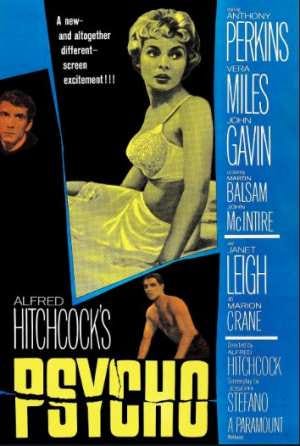
Few aspects of cinema are as charming as Keanu Reeves playing a “dum-dum,” a phrase used by the celestial being he embodies in Aziz Ansari’s directorial debut, *Good Fortune*.
For more than three decades, beginning with films such as *Bill and Ted’s Excellent Adventure* and *Bill and Ted’s Bogus Journey*, Reeves has radiated a laid-back surfer bro appeal that renders his dum-dum roles both funny and lovable. Even while portraying more cerebral characters in *Bram Stoker’s Dracula* or *The Matrix*, Reeves delivers lines such as “I know kung fu” with genuine, child-like awe. We may chuckle at him in the moment, but his characters are imbued with enthusiasm and kindness, encouraging us to partake in their surprise and amazement.
In *Good Fortune*, Gabriel the Angel, portrayed by Reeves with heartfelt depth, showcases the actor at his most humorous and sincere.
Take note: *Good Fortune* could benefit from additional Keanu.
This holds true for many films, but if you saw *Good Fortune*’s trailer and thought the attractive angel in the trench coat was reminiscent of the lead character in *City of Angels*, you’re only partially correct. The sincere guardian angel Gabriel carries the film as if he is its star, which may be an inevitable consequence of casting Reeves. Nonetheless, the film functions as a two-hander following the life-swap comedy setup reminiscent of movies like *Freaky Friday* or *Trading Places*. Gabriel is not one of the individuals switching lives.
Instead, Ansari and Seth Rogen take the lead as two men navigating vastly different existences in Los Angeles based on their economic situations. Arj (Ansari), educated yet underemployed, is trapped in the gig economy, primarily relying on DoorDash and TaskRabbit tasks to survive, living in his vehicle. In contrast, Rogen’s character Jeff is a tech bro relishing a lavish lifestyle in the Hollywood Hills, complete with a personal sauna and pool. The duo’s paths intersect, and they almost forge a friendship, but an unforeseen event leaves Arj in worse circumstances than before. Much like *It’s a Wonderful Life*, our protagonist teeters on the brink of despair when an angel intervenes.
Gabriel is not the typical high-ranking angel meant to assist lost souls. His low-tier position (indicated by his modest wing span) entails preventing people from texting while driving. In a well-intentioned yet foolish action, he switches Arj and Jeff’s lives to demonstrate that money wouldn’t resolve all of Arj’s challenges. However, as Gabriel admits to his frustrated superior, high-angel manager Martha (Sandra Oh), financial resources indeed solve most of Arj’s dilemmas!
From this point, *Good Fortune* transitions to Jeff, who undergoes an *A Christmas Carol*–style transformation as supernatural occurrences illuminate the affluent, self-centered Scrooge he has become. Through this narrative arc, *Good Fortune* delves into class dynamics, not fully endorsing “eat the rich” but certainly shedding light on privilege and societal inequalities often disregarded in discussions surrounding the American dream.
Keanu Reeves eclipses Aziz Ansari and Seth Rogen.
Similar to his role in *The Studio*, a recent 13 Emmy-winning show, Rogen embodies a distinct type of L.A. fool — the deluded rich variety. There’s a sense of schadenfreude in watching Jeff receive his due retribution, forced to live hand-to-mouth like those he had previously employed. Rogen strategically calibrates his trademark outbursts for this section, reflecting Ansari’s frazzled energy in the film’s opening act. Once the dynamics shift, Ansari adopts a suave demeanor, exploring a romantic subplot with Keke Palmer, who, while well suited as a compassionate and captivating union advocate, has limited screen time.
While these mortal characters come to understand what genuinely matters in life, Gabriel uncovers lessons of his own. Demoted by heaven to humanity, he must find employment and quickly acquires vices such as chain smoking. But as a man, he revels in non-angelic experiences, such as dancing and indulging in tacos. Reeves shines brightly in these moments of revelation. When he waxes poetic about the wonders of a milkshake, Reeves remains earnest, both believable and absurdly entertaining. Even in silence, this true movie star masters the art of positioning himself in a manner that is inherently humorous. For instance, the sight of a fallen angel taking a smoke break transforms into a simple yet side-splitting comedic moment.
It’s undeniable that Reeves outshines his co-stars, yet that isn’t necessarily a flaw. This role aligns seamlessly with his potent, almost ethereal screen presence. Ansari is clearly aware of the humor, juxtaposing his and Rogen’s deeply flawed mortals against this compassionate and smoking-hot angel, rendering them as greater jesters.
Without a doubt, Keanu Reeves as a silly angel serves as the captivating hook *Good Fortune* employs to engage us. It’s an effective strategy, for as much as I wish there were more within this film, it’s not a